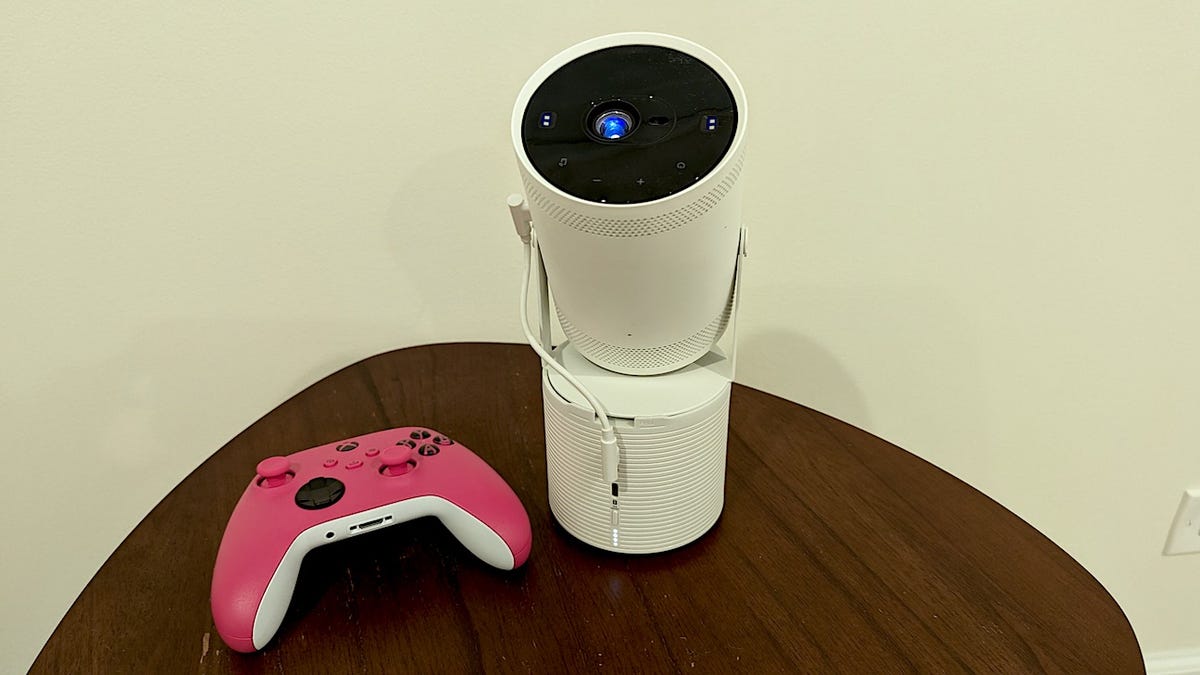BOOK THIS SPACE FOR AD
ARTICLE ADChina's chip imports fell 12.4 percent in September, according to official customs data published on Monday, continuing a decline amid tensions with the United States and an ongoing chip shortage.
The country imported 47.6 billion chip units during the month, compared with 54.3 billion units in September 2021, according to the data, which had been due for release earlier this month but was delayed due to the Communist Party Congress.
That maintains an ongoing downward trend for chip imports.
In the first nine months of 2021, China imported 417.1 billion units of chips, down 12.8 percent year-on-year.
Chip imports to China surged in 2021, as tensions between the US and China over technology policy escalated and a global chip shortage caused many companies in China to stockpile supplies.
Separate data from the National Bureau of Statistics showed that domestic chip output in September fell 16.4 percent year-on-year to 26.1 billion units. In the first nine months of 2022, total output fell 10.8 percent to 245 billion units.
Achieving self sufficiency for China's chip industry remains a key policy priority for Beijing, especially as Washington continues to target the progress of China's semiconductor sector, with the latest being a set of sanctions announced by the Biden administration earlier this month.
The sanctions have caused major overseas-based chip manufacturing equipment companies to cease supplying key Chinese chip companies, including Yangtze memory Technologies (YMTC) and Semiconductor Manufacturing International (SMIC), and makers of advanced artificial intelligence chips to cease supplying companies and laboratories.
In other news, Apple has put on hold plans to use memory chips from China's Yangtze Memory Technologies (YMTC) in its products, after Washington imposed tighter export controls against Chinese technology companies, the Nikkei reported on Monday. Apple had originally planned to start using state-funded YMTC's NAND flash memory chips as early as this year, Nikkei said, citing people familiar with the matter. The chips were initially planned to be used only for iPhone models sold in the Chinese market.
© Thomson Reuters 2022
Affiliate links may be automatically generated - see our ethics statement for details.
.png)
 2 years ago
96
2 years ago
96 














 Bengali (Bangladesh) ·
Bengali (Bangladesh) ·  English (United States) ·
English (United States) ·